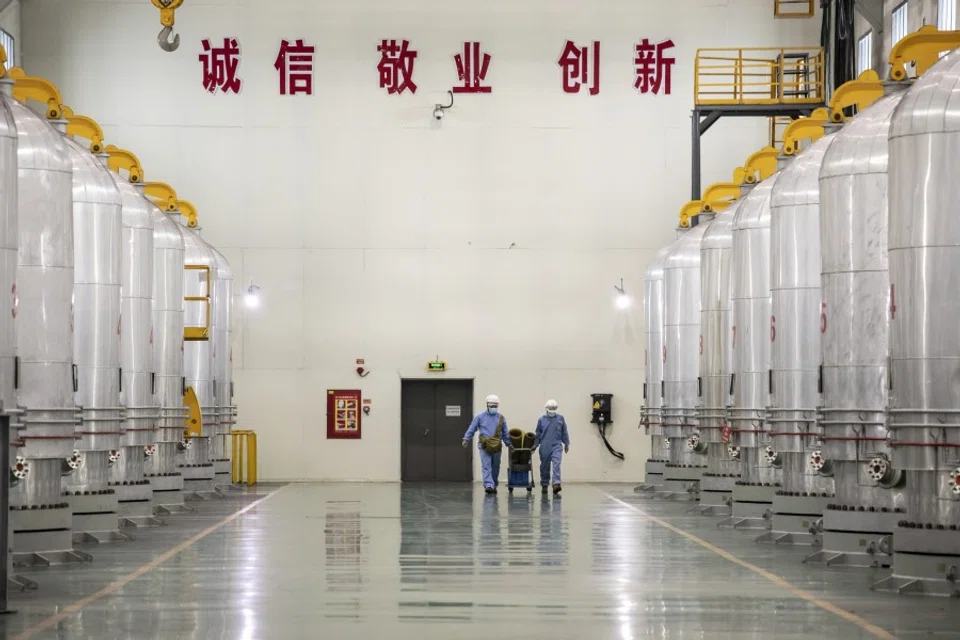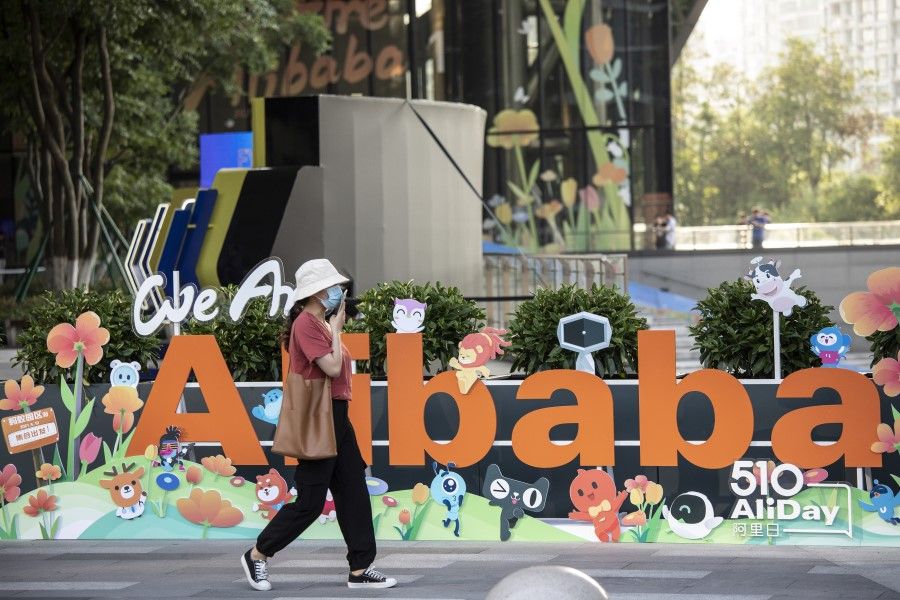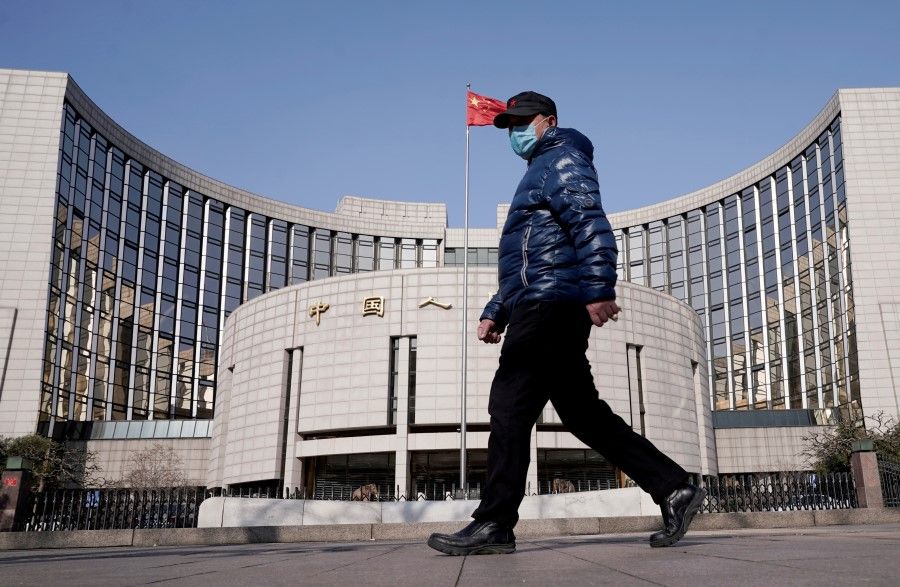Japanese academic: China's industrial policy is not just about protectionism

Various facets of China's industrial policy are drawing worldwide attention.
It goes without saying that one focus of attention is US-China rivalry. The agreement on phase one of the US-China Economic and Trade Agreement between the US and Chinese governments in January 2020 was limited to areas such as reducing tariffs and protecting intellectual property. Discussions in areas like industrial subsidies, where Chinese concessions are difficult, were postponed, but will likely become a big hurdle in future trade negotiations between the two powers.
In particular, China's support for high-tech companies through so-called industrial subsidies, meaning investment funds that the government is somehow involved in, are subject to harsh criticism from the US. The spotlight is likely to shine increasingly on these industrial subsidies, especially those set up by local governments, and on the question of whether they are "bad industrial policy" that warps the market through government intervention and harms the fairness of competition.
A second noteworthy point is a call for platform companies such as Alibaba to comply with the Anti-Monopoly Law and other forms of pressure exerted by the Chinese authorities. This trend has become more apparent since 2020.
Originally, Alibaba, Tencent and the other major platform companies emerged under China's protectionist policies amid the Chinese government's efforts to restrict the activities of the big four US technology companies, GAFA (Google, Apple, Facebook and Amazon). These Chinese companies used to be the darlings of China's industrial policies.
However, as their existence and influence on society and the economy became too big for the Chinese government, efforts are now being made to restrict the activities of these Chinese companies. Very recently, in April 2021, Alibaba was fined a massive sum of 18.2 billion RMB for practices such as having a "choose one out of two" policy, which essentially barred e-commerce merchants from setting up shops with rival platforms, hence hindering fair trade.
...the industrial policy advanced by the Chinese government cannot be simply described as state capitalism and market-warping, which is how some media and people are calling it. Rather, most of it could easily pass an assessment from the standpoint of current trends in economics.

Thirdly, the Chinese government is championing decarbonisation through industrial policy as a climate change initiative. China was already actively implementing policies to promote this by offering subsidies to electric vehicle (EV) manufacturers and consumers as a way to reduce air pollution, and to nurture global leaders in the EV field.
A nationwide carbon emissions trading scheme was also introduced in 2021. It was initially aimed at major power companies, but it seems that the scheme will now be expanded to include companies dealing in petrochemicals, steel, aviation, and so forth as well.
There are two points we ought to keep in mind if we wish to understand these aspects of Chinese industrial policy.
One is that the industrial policy advanced by the Chinese government cannot be simply described as state capitalism and market-warping, which is how some media and people are calling it. Rather, most of it could easily pass an assessment from the standpoint of current trends in economics. That is to say, industrial policy has rapidly been reevaluated in mainstream economics in recent years. The means of implementation of industrial policy have also become exceedingly diverse, including R&D assistance, tax relief for R&D costs, and patent boxes (low corporate tax regime to incentivise R&D), and each of these are being assessed based on empirical research.
Noteworthy here is that China is being put under the microscope through this reassessment of industrial policy in economics. Of course, the growing interest in Chinese industrial policy is directly linked with the US government's worries about China's rise in the high-tech field and their adoption of opposing industrial policy.
Likewise, the application of the abovementioned Anti-Monopoly Law against Alibaba and others coincides with a growing criticism of platform companies monopolising domestic markets and engaging in tax evasion in the West and especially Europe, which is driving the levying of a digital service tax (DST). The Chinese authorities are likely formulating policy based on careful consideration of lessons to be learned from what is happening in the West.
Another point relevant to China's industrial policy is that the People's Bank of China (PBOC) and other state-owned bank departments are playing an important role in the decision-making process.

For example, it has been pointed out that the government's crackdown on Alibaba can partly be explained by state-owned bank departments being worried that the provision of aggressive financial services by Ant Financial would put pressure on traditional banks.
Professor Fujio Kawashima of Kobe University suggests that the "honeymoon" between the government and platform companies is over and that the financial authorities' desire to regulate the platform companies is now being reflected in policy. For example, with the PBOC's introduction of the digital yuan, consumer information collection is possible even without engaging Alipay or payment services of the other internet platform companies. In this sense, it is noteworthy that Zhou Xiaochuan, the former Governor of PBOC, commented positively on the introduction of a DST for platform companies in an interview published in the 15th issue of Caixin Weekly in 2021.
China's industrial policy to date has properly pursued economic efficiency and its means of implementation have been refined in accordance with Western and global trends.
Meanwhile, it has been noted that enormous infrastructure investments will be required for decarbonisation initiatives to tackle climate change, with the funds apparently being procured through the issuance of "green bonds" mainly by the PBOC. Moreover, financial departments centred around the PBOC are likewise playing a huge role in so-called ESG (environmental, social and governance) investments into environment-friendly companies, and also in the establishment of a financial transaction market to facilitate carbon emissions rights transactions.
We need to remain wary of these implementations of Chinese industrial policy as they cater to the interests of state-owned bank departments that have consistently been protected from competition with foreign-owned enterprises and private companies. Nonetheless, China's industrial policy to date has properly pursued economic efficiency and its means of implementation have been refined in accordance with Western and global trends. We need to take this into careful consideration, and keep a close eye on the future trends in China's industrial policy.
